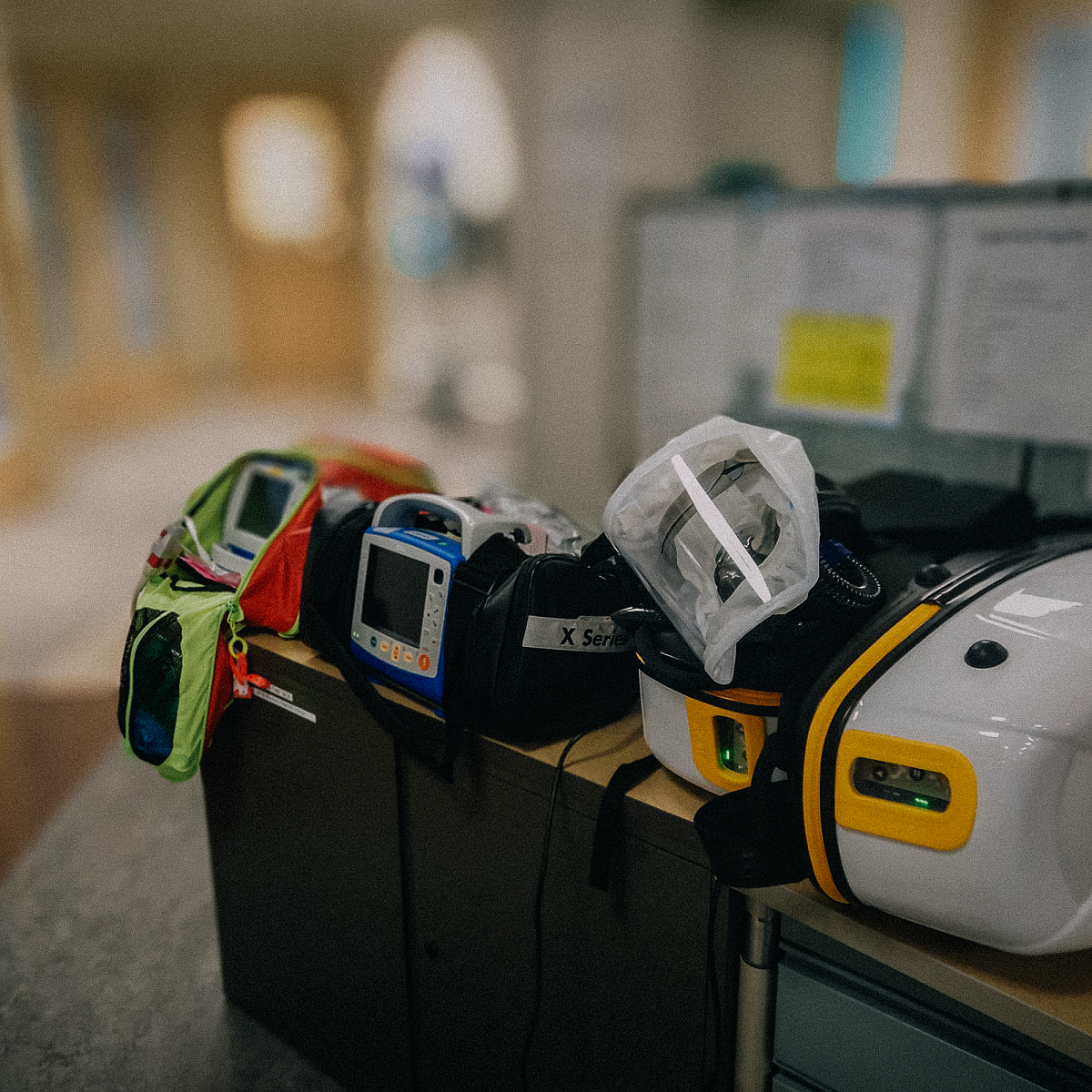
The Scope
About The Scope
The Scope, from University of Utah Health, highlights expert health advice and research you can use for a happier and healthier life. The Scope's mission is to educate, engage in, and lead the conversation on the latest research and trends in medicine.
Thought-provoking conversations and topic deep-dives
The Scope Presents
Listen wherever you podcast
SUBSCRIBE TO THE SCOPE















